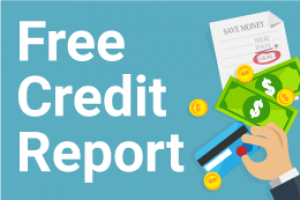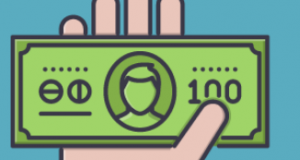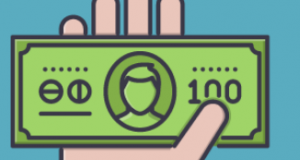Free credit reports have never been easier to get. You can still go the traditional route and pay for them, and then wait to get them in the mail. Or now you can get them online instantly and best of all for free. Now you can get access your credit history anytime you want and anywhere you want.
Your credit report list your credit history. They track every single payment you’ve made or haven’t made on things such as credit cards, mortgage payments, car loans etc. When you payments are late or worse if you forget to make any payment on any form of credit it shows up in your credit reports.
This can become a major issue when you are seeking new credit such as getting a new credit card, buying a car or house or even for things such as renting an apartment. By getting your free credit reports, you can make sure that there are no errors and that you will not be denied what is yours. Remember your credit reports can affect major elements of your financial future so it pays to be informed, and accessing your free reports can never affect your credit rating. And, if you do find an error in any of your credit reports we can help you fix-it.
In the United States there are three major credit reporting agencies or credit bureaus: TransUnion. Equifax and Experian.

- Different financial institutions use different (and often a combination of) bureaus to determine your financial credibility before giving you access to credit.
- It is possible to have enormous variation between agencies. Hence it is important to regularly check to make sure you are not accidentally in credit rating trouble because of some administrative error.
- Just checking your credit score reduces it a bit. Do not try it too often.
Free credit report: 3 credit scores
Credit reports are based on information relating to an individual's place of residence, place of work, when they pay their bills, credit card loans and repayments and other information related to financial transactions. Credit reports can be accessed for free from the three national credit bureaus; Equifax, TransUnion, and Experian. You can access one free report every year from the bureaus all at once or you can space them out.

- 35% of your FICO score is about your payment history. It is all about whether or not you have liens, settlements, repossessions, foreclosures and so on.
- 30% is about debt burden, in other words, the loans you already have and that you owe to financial institutions.
- 15% is length of your history, or how long agencies have been collecting information about you.
- 10% is about the types of credit that you used. Good variation of types of credit help with the score.
- 10% is searches: if you are trying to get loans and companies are running your credit, this is where the information is stored.
Free credit report: FICO Scores
FICO scores are so-called because they were introduced into the market from the Fair Isaac Corporation (FICO) which came up with the software. 90% of top lenders use the FICO score to make decisions on who to lend to and who not to lend to. These scores are deduced only from information contained in consumer credit reports from the bureaus. They are arrived at by comparing this information to the patterns seen in past credit scores with the aim of estimating a consumer's future credit risk.
The website annualcreditreport.com was set up by US federal government and it will let you get a free credit report every year.

- Although used to predict risk of default, this is not really the case, especially if lenders themselves are reducing tolerances and are guilty of looking the other way just to make numbers.
- Having multiple credit cards and even raising a card's limit is a way to improve your ratings
Free credit report: The good & the bad
Base FICO scores range from 300 to 850. High scores represent a lower risk and that's what every consumer should aim for. While the majority use this score to arrive at lending decisions, different lenders have different strategies. This includes the level of risk that they deem acceptable for particular credit products. There is no set cut-off score and lenders consider other factors to arrive at the final situation.

- You must question errors as soon as possible. The longer the error stays, the worse the damage.
- Some employers check your credit and errors may influence employment decisions by mistake.
Free credit report: Questioning your credit score
Ideally, your scores from the three credit reference bureaus should be the same. However, this can only be so if you request the reports at the same time. This is because your information keeps changing as you pay off debts, bills and conduct other transactions. If there are errors in the reports, you need to write a report to the bureau concerned and let them know about it. Incorrect information can affect your score negatively so it is important to take action to correct it.







